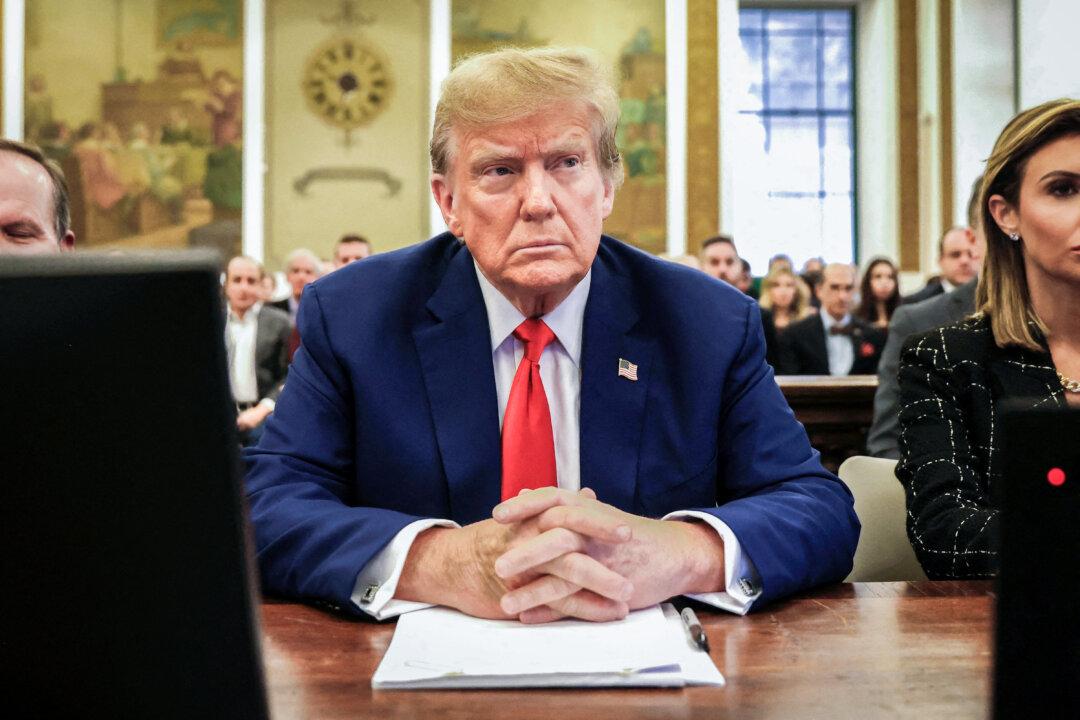Former President Donald Trump has received the green light to be on New York’s Republican presidential primary ballot, although a Democrat state senator is threatening to challenge the decision in court.
Two Republicans on the New York State Board of Elections (NYSBOE), who make eligibility decisions for GOP presidential candidates, both voted during a Feb. 6 meeting in Albany to grant President Trump a spot on the state’s 2024 presidential primary ballot.





